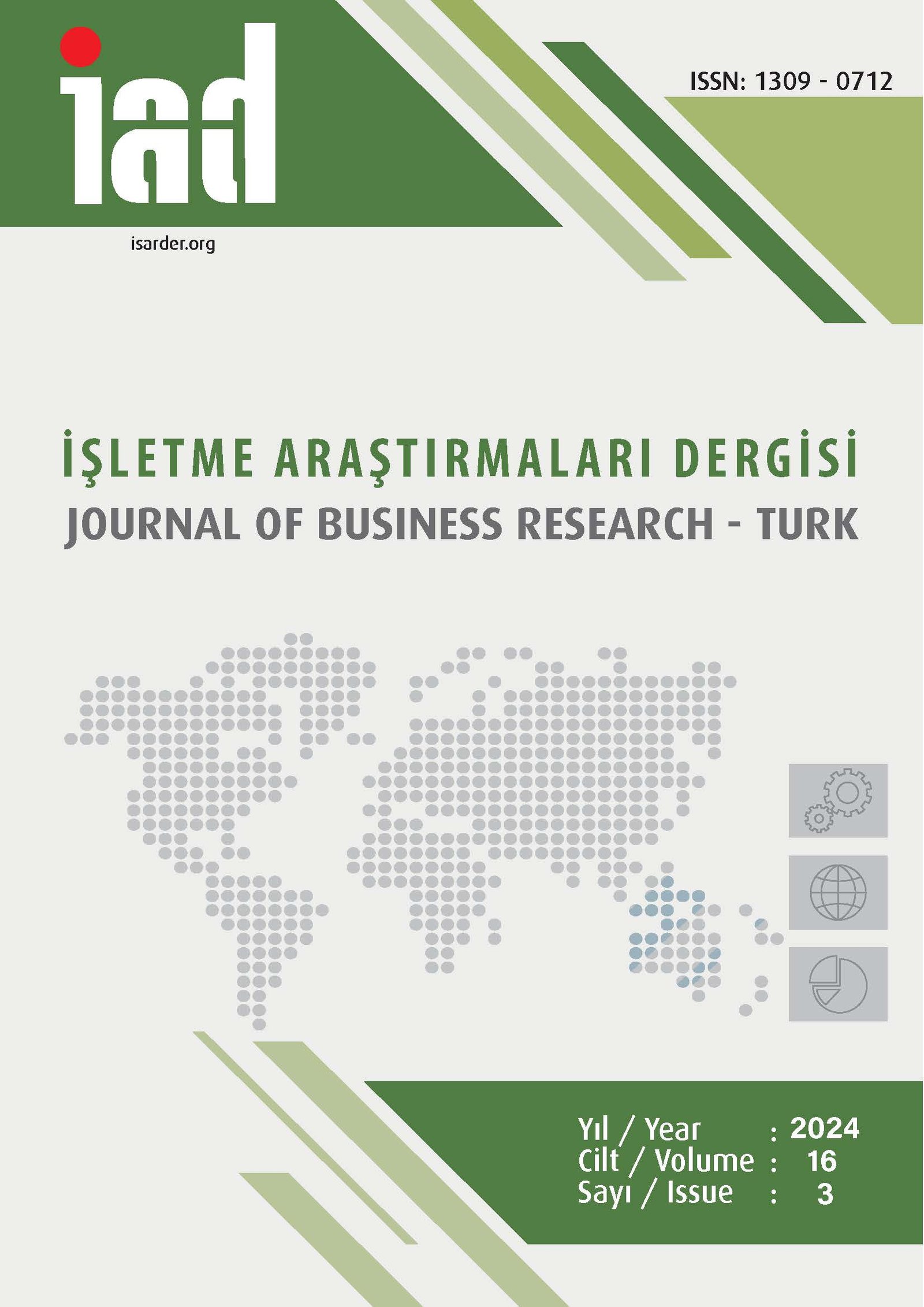Evaluation of Metaverse in Terms of Psychosocial Risks
DOI:
https://doi.org/10.20491/isarder.2024.1859Keywords:
Metavers, Occupational health and safetyAbstract
Purpose – The impact of the digital economy on employment should also be taken into account in terms of occupational health and safety. While virtual reality offers us ideal lives, it also brings psychosocial risks to our lives such as technology addiction, distortion of the perception of reality, loss of self-perception, and loss of concept of time. In this study, it is tried to determine the psychosocial risks that the workforce working with Metaverse technology will face, to evaluate the change in business life from the perspective of occupational health and safety, and to create a resource about its relationship with Metaverse.
Design/Method/Approach – “Metaverse”, “occupational health and safety”, “Science Direct” n=3 and “Springer” n=83 “Taylor Francis” n=3 were searched in databases with or and and conjunctions. The results were presented holistically through SWOT analysis of the transformation in business life, opportunities and threats, strengths and weaknesses, internal and external resources and beneficial and harmful purposes.
Findings – In the literature review, psychosocial risks associated with the metaverse were found to develop. It can affect the concept of time by distorting the perception of reality and self. This may cause a decrease in cognitive functions.
Discussion – Legal frameworks must be established to protect the rights, responsibilities, obligations and security of employees in Metaverse. In addition, in order to prevent and manage psychosocial risks, it is recommended that employers regularly evaluate the metaverse working environment, measure the psychosocial status of employees and make the necessary interventions, and use standard tests that include variables such as job satisfaction, burnout, job contentedness and belonging to measure the psychosocial status. It is important to adapt these tests to the metaverse environment and test their validity and reliability. Employees can be given awareness training about the perception of reality.
Downloads
Published
How to Cite
Issue
Section
License

This work is licensed under a Creative Commons Attribution-NoDerivatives 4.0 International License.





